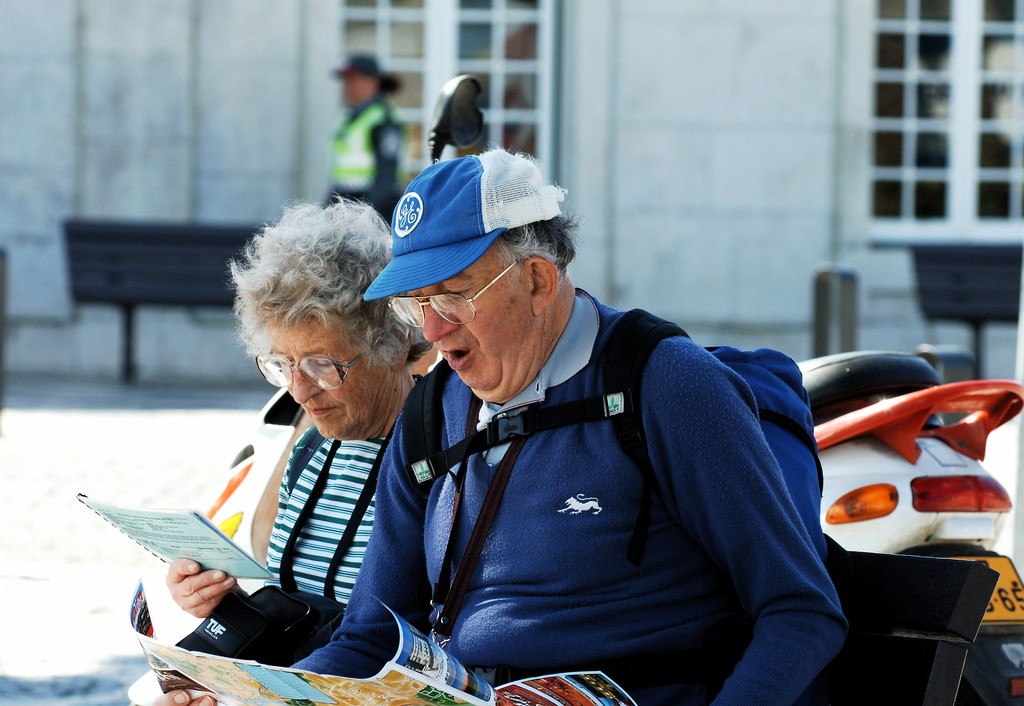Health
Pandemic study reaffirms Red Cross concern for vulnerable seniors

Many of the tips offered by travel experts work just as well for anyone, regardless of age, but could be especially valuable for seniors. (File photo by Pedro Ribeiro Simões/Flickr, CC BY 2.0)
A COVID-19 study conducted by Leger for the Canadian Red Cross is shining a brighter light on long-standing issues of the most vulnerable among Canada’s senior population. Specifically, nearly one-third of those 65 years and older who are living alone and in fair or poor health reported feeling lonely either frequently or every day – more than twice the rate of most all other age groups sampled.
Findings also showed fewer seniors believe they have people they can count on; and only 51 per cent feeling mostly or always hopeful for their future.
The results come as no surprise to Dr. Paul Hebert, Special Advisor to the Red Cross and Professor of Medicine at the University of Montreal. “They are entirely consistent with what we have heard in communities where Red Cross already has arrangements to provide COVID-19 outreach to vulnerable seniors,” he said. “These are not new challenges for isolated older adults, especially those with chronic health concerns. The pandemic simply underscores them.
”
The survey was conducted between May 6 and 13. It was the second in a series that Red Cross is executing to track public perceptions about social and psychological impacts related to COVID-19. Web-based interviews were completed with a representative sample of 2,264 adults – including 86 per cent of participants from the first (April) survey. Questions were provided by interRAI.
Dr. Hebert says May results also suggest that family, friends, neighbours, employers and health professionals continue to be mindful of the health of young adults in their lives. “The excessive anxiety we saw among 18 to 34-year-olds in April continued into May,” he noted. “Primary sources of their stress appear to be loneliness and worry over their ability to continue making ends meet.”
While anxiety was not as prevalent among other age groups, all May survey respondents declared feeling lonelier around specific situations or events. “Physical distancing is important.
It has bought us time, but it is a crude instrument,” says Dr. Hebert. “I’m pleased to see more emphasis now on testing, contact tracing and isolation measures. We can also minimize the unintended harm of essential public health measures by taking opportunities to lean on one another through safely connecting with friends, colleagues and loved ones.”
Dr. Hebert also called for communities and individuals to find ways to identify, connect and meet the needs of those who are isolated and frail. “Their health and wellbeing may depend on it,” he said.
Other notable findings from the May (Wave 2) survey:
- Respondents declared being less worried about their financial situation than in April;
- Those who reported feeling less anxious, restless or uneasy during the previous three days declined from April in all provinces except Quebec, where it increased by three per cent. As well, nine per cent fewer Quebec respondents rated their health during the past month as excellent or good.
For a complete summary of the study and information about the Society’s service offerings in response to COVID-19, visit redcross.ca.





















